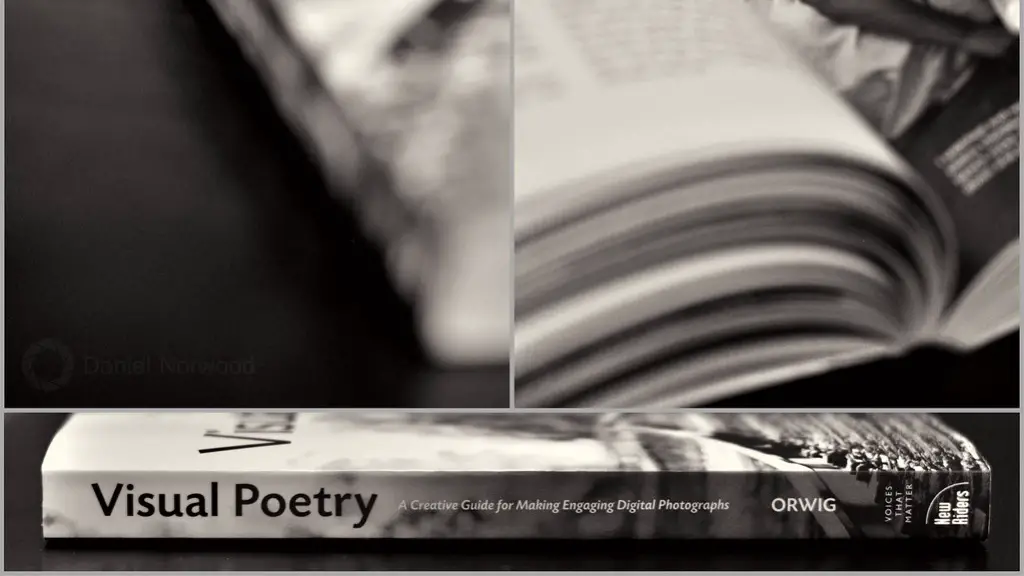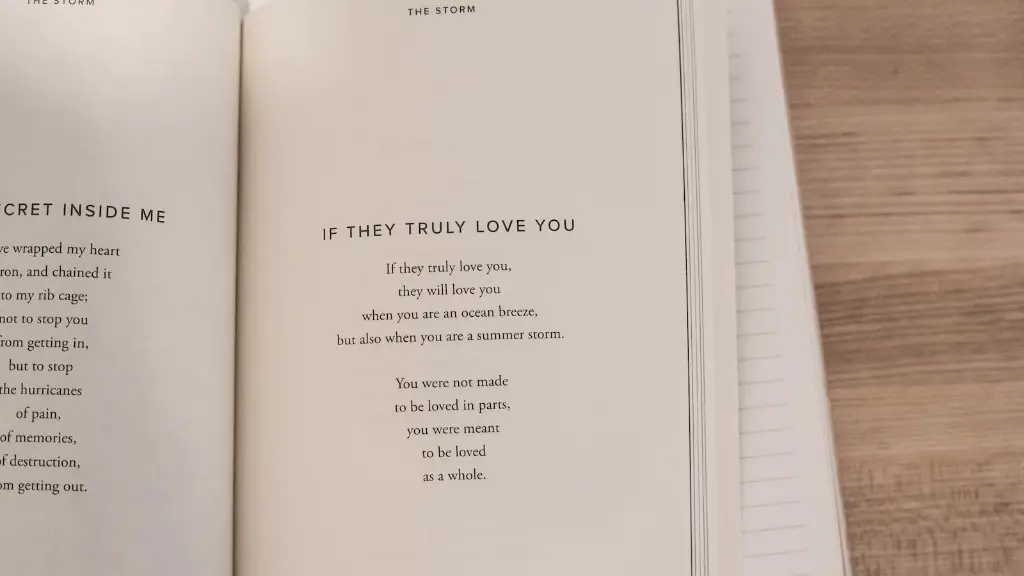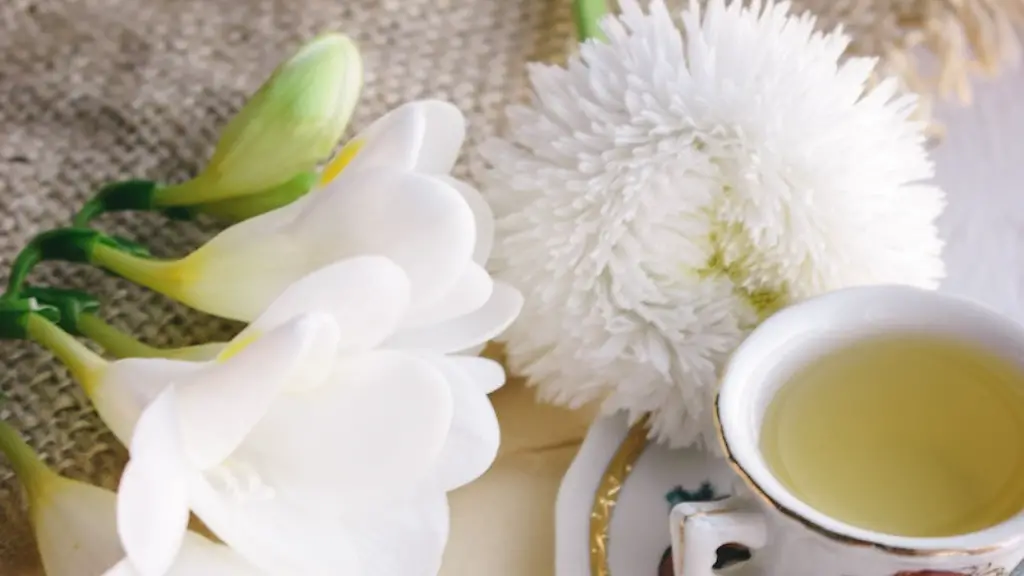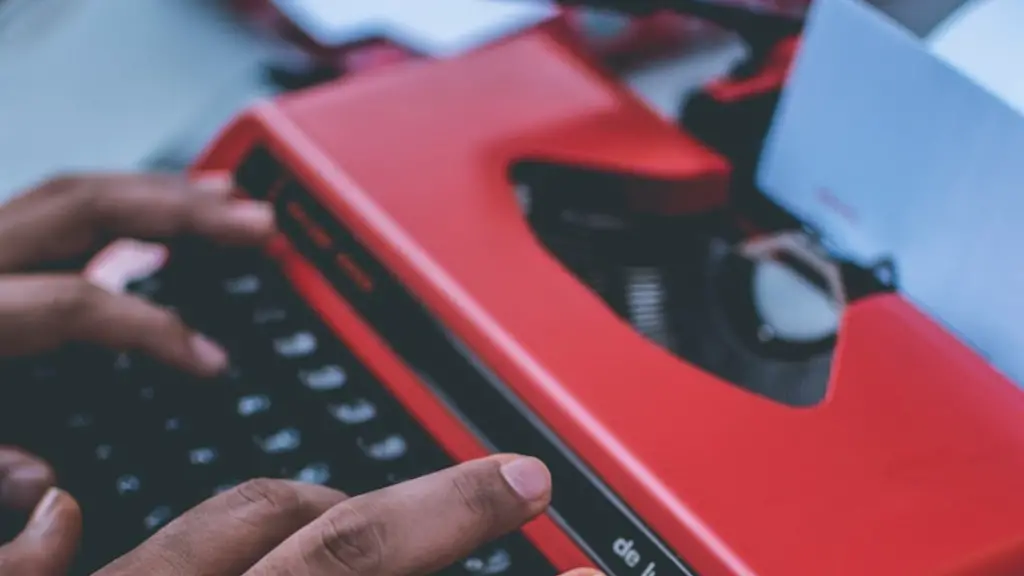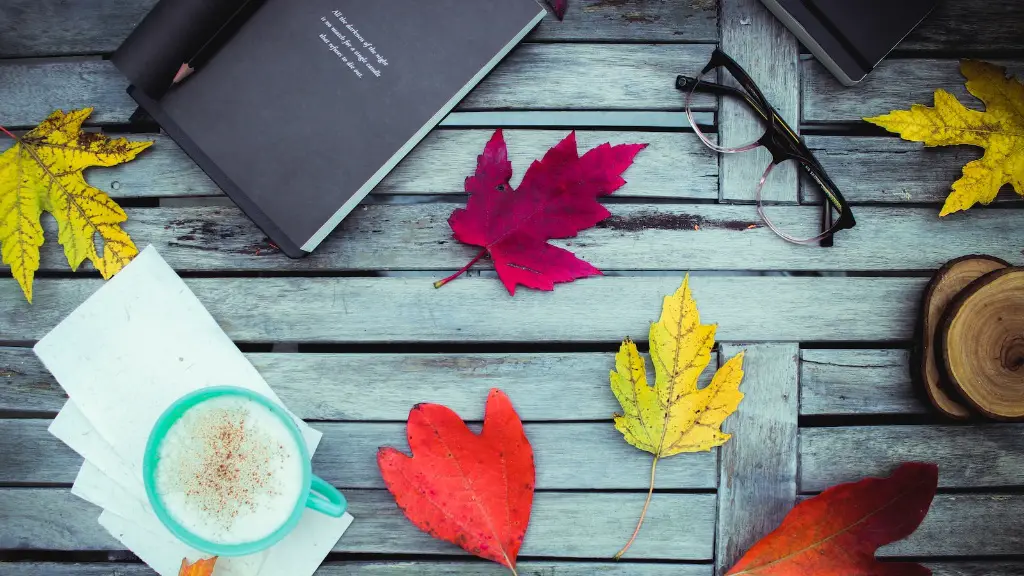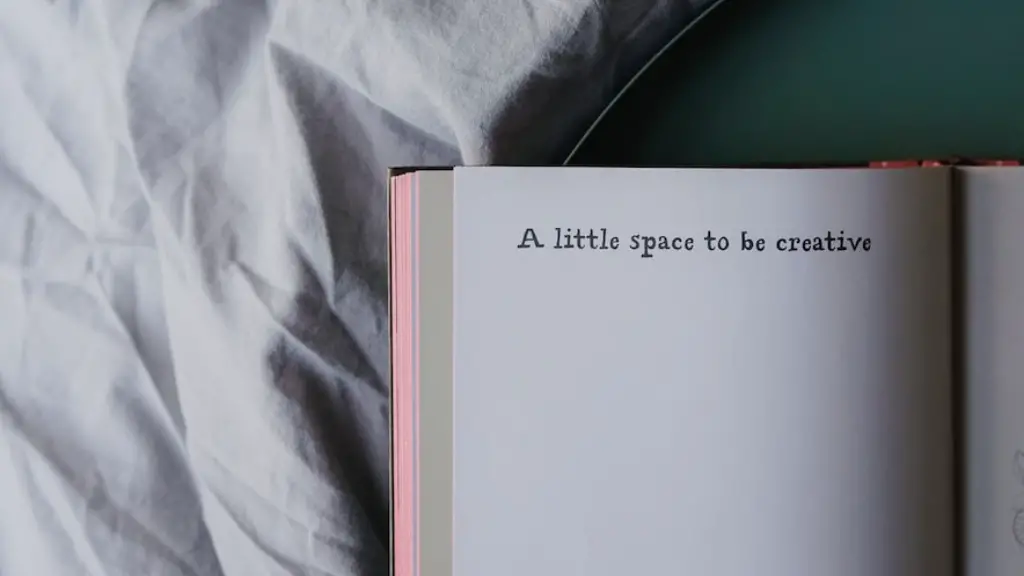Slam poetry is an expressive, high-impact form of performance poetry. It blends together spoken word, poetry, theatre and audience participation to create a dynamic and often electrifying atmosphere. Usually written in the style of free verse, it is often performed as a competitive public contest. Judges and usually a crowd of enthusiastic audience members pick a winner or winners every round, with the champions moving on to the next round until a final winner is found.
Ancient Greek poets like Homer used similar forms of explanation to the oral tradition of capturing and expressing passion and emotion in the spoken word. This form has been growing in popularity in its current iteration since the mid-1980s. Slam poetry has found its way into today’s cultural mainstream from its humble beginnings in poetry clubs and coffee houses.
At a slam poetry event, poets perform their original pieces in a limited period of three minutes. One of the few judgement criteria is the originality and lucidity of the ideas expressed in the piece. Unlike some other forms of the written and spoken word, the emphasis is more on the delivery of the poem itself, rather than focusing solely on its content. Performance is scored by a select panel of judges from the audience. At the end of a night of performances, a winner is declared.
What makes slam poetry an exciting format is the opportunity to experience the full range of emotions through the performance. Poets use tone, voice, pace and pauses as part of their performance to connect meaningfully with an audience. There is a strong emphasis on the performers’ physical presence and body language. If done right, the performance can bring about a highly charged response from the audience.
Slam poetry is about expressing yourself and providing interpretations of regular topics, such as the societal structures that hold us back, in creative ways. By participating in a slam, poets become part of a community and a movement that strives to give voice to the voiceless. It is a powerful art form and often encourages people to challenge social and political ills that are present in society.
That being said, slam poetry events are often as much an energetic social and artistic gathering as they are a competitive platform that stokes the competitive spirit of an individual artiste. Audience participation can be as crucial to a performance as a poet’s delivery, encouraging the generation of a palpable sense of camaraderie within the community.
Relation to Music
Music is important to slam poetry and often provides the backdrop for a heavy poetic performance. Some poets incorporate musical elements to emphasise and showcase their creativity. Poets like Common, Saul Williams and Lyrically Fit have made use of hip-hop beats and spoken word poetry to connect with broader audiences.
Overall, the relations between spoken word poetry and music are intertwined. A spoken word piece can be delivered with passion, fire and emotion akin to musical performance; whereas musical performances can pass on deeper messages and explore difficult topics. Music and poetry feed off each other and allow for more complex artwork.
Integration with Technology
Many slam poets nowadays leverage technology as a tool to share their message or connect with larger audiences. Social media channels like YouTube, Instagram and Twitter are used to post videos of performances, share snippets of work and garner public awareness or support. Aspiring poets can reach out to potential followers or collaborators by perusing the catchiest tags and building a loyal following.
In short, technology has enabled slam poets to bring their work to the masses by taking advantage of the worldwide reach of platforms such as YouTube. For example, an artiste can quickly upload performances of their pieces to YouTube with super easy accessibility for people in different geographical locations.
Competitions
Competitions are an important part of the slam poetry scene. It provides an edge to the art form, and also pushes poets to strive to experiment and express vivid ideas while honing on their craft. Competitions such as the National Poetry Slam and the Individual World Poetry Slam give opportunities to discover new talents and celebrated veterans of the art form.
Most slam competitions tend to agglomerate around certain themes like ‘Social Justice’, ‘Relationships’ and ‘Inner Self’. Everything from the strength of the delivery to the poetry content is judged by a panel of five. The scores are tallied up to decide the winner at the end of the competition.
Language
Slam poetry is as much about blurring the line between prose and formal writing as it is about exploring the medium of spoken word. Poets often stay away from using traditional rhymes and beats, preferring a narrative of words that wrap around complex ideas and aim directly for the heart.
The language used in slam poems can be incredibly versatile, depending on the poet’s preferences or the situation. There could be poems written in regional dialects which revitalise languages while conversing with contemporary themes — music. Both regional and international poets use a range of alliterative devices, metaphors and literary devices to create, to greater or lesser extent, a scene and tell a story.
Affordability
In addition to being diverse and tantalisingly exciting, slam poetry also has the virtue of being relatively affordable. Slam events are held in local cafes, bars and other venues where admission is usually affordable, if not outright free. This opens up a platform to lesser-known poets to show off their talent and gain recognition.
Compared to some other more traditional forms of performance and art, poets can even make a living from competing in slams and producing content for the internet. Some even get recognised for their art and go on to headline major competitions and events.
Inspiration
The unique blend of theatrics, poetry and empowering messages encourages people to see slam poetry as a form of inspiration. Poets often use their work to urge the audience to ponder their existence and the current state of the world. Beyond just thoughtful and thought-provoking works, the eagerness of the crowd’s applause infused with the palpable emotion of the performance propels audiences to do more.
In addition to personal inspiration and artistic growth, slam poetry also serves to inspire political and social change as well. Poets use their words to tackle pressing issues like gender inequality or racial justice that are prevalent in society. This makes slam poetry not only fun to watch, but also a powerful outlet for meaningful dialogue and creative expression.
Social Relevance
Slam poetry has an even more significant role to play in the social sphere. It provides an opportunity for people of all ages, colours and skills levels to come together and take part in something meaningful and share their own stories. It is an excellent platform for expression and often encourages people to challenge social and political ills that are present in society.
More often than not, slam poetry also presents a unique space for poets to develop and share ideas while honing their craft. It is a safe space where they can meet their peers and mentors and brainstorm new concepts, or even get constructive feedback on their work.
Political Significance
Despite having its roots in the underground club scene, slam poetry has become a platform for voicing your opinion and mobilizing the masses. For example, how ‘Written in Blood’ by Marwa Helal recently sparked conversations about police accountability, systemic racism and injustice. Or how Sarah Kay’s ‘B’ brought attention to youth rioting and highlighted the cultural warfare between police and young adults.
Slam poetry has become a powerful vehicle for expressing both personal and political opinions, connecting with your local community and evolving our collective culture. As a tool for activism and civil unrest, it can be used to shed light on injustices that are present in society.
Empowerment
Overall, slam poetry gives its participants freedom of expression and a platform to be heard. Taking part in slams is about more than just winning — it provides an avenue for poets to find a ‘safe space’, grow as an artist and find camaraderie with a larger community. Through its combination of the spoken word and art, slam poetry promotes creativity and encourages poets to believe in themselves and the stories they are telling.
It is an empowering outlet for expressing feelings and emotions that are sometimes hard to articulate in regular conversation. Slam poets often find the strength inside themselves to speak up, enabling them to become more self-aware and confront the challenges of everyday life. It encourages furthering our own knowledge, inspiring us to break conventions and think differently about our lives.
